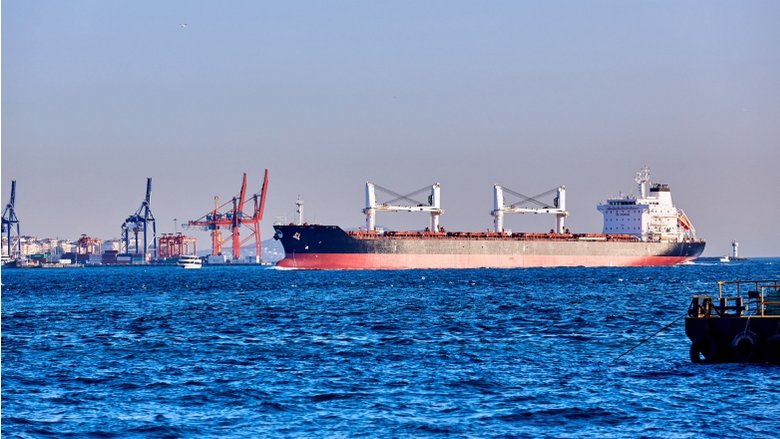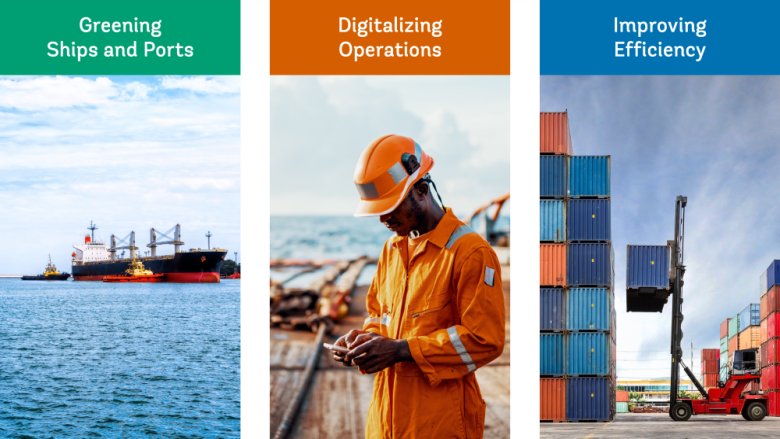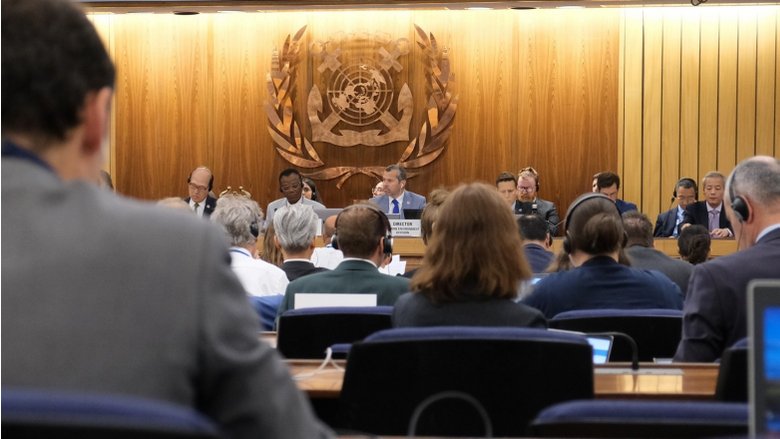Maritime is critical for Global Trade and Development
Maritime transport is the backbone of global trade, as more than 80 percent of goods are transported by sea. Developing countries depend on shipping, accounting for around 55 percent of seaborne exports and 61 percent of imports. Ports are gateways for development, fostering economic growth and allowing countries to participate in trade. To build resilience in supply chains and fight climate change, maritime transport is crucial.
While deep-sea shipping has set course to reduce its own carbon emissions – around three percent of global greenhouse gases – climate change already takes its toll on ports and maritime chokepoints, putting global supply chains at risk. Resilient port infrastructure and enhanced digital solutions will protect ports against shocks and increase operational efficiency. Ships will not only run on zero-carbon fuels but will move fossil-free energy, like green hydrogen, around the globe. The production of emerging ship fuels will stimulate development opportunities across sectors, such as in renewable energy and heavy industry.
Photo: Shutterstock
How we go about it
To enable sustainable development in shipping and ports, the World Bank is working towards effective policies for maritime transport and scalable interventions in the maritime ecosystem, leveraging the organization’s technical expertise and products, focusing around three core areas:


